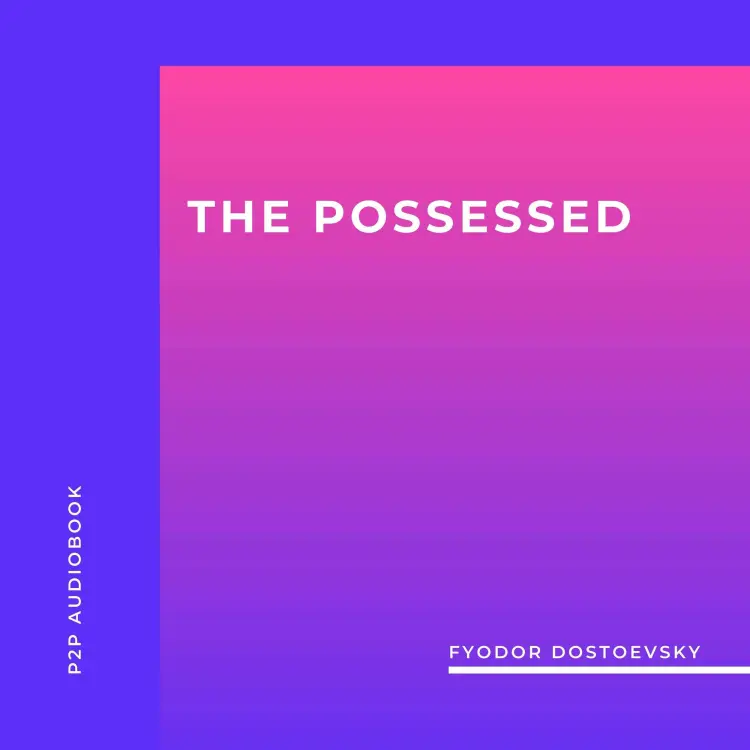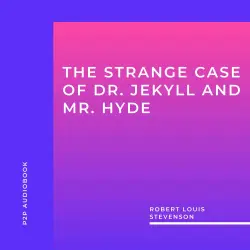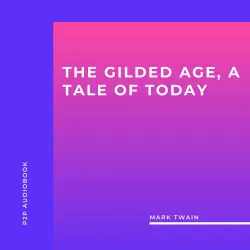
The Possessed
Fyodor Dostoevsky
Unabridged
1 dag 1 uur 11 minuten
Opmerking: Er kunnen kosten verbonden zijn aan het afspelen van de audioboeken of hoorspelen op de respectievelijke platforms, bijv. Spotify. Lismio heeft geen invloed op welke luisterboeken en hoorspelen beschikbaar zijn op de service.
Sommige artikelen bevatten affiliate links (gemarkeerd met een sterretje *). Als je op deze links klikt en producten koopt, ontvangen we een kleine commissie zonder extra kosten voor jou. Uw steun helpt ons deze site draaiende te houden en nuttige inhoud te blijven maken. Hartelijk dank voor uw steun!
Van de uitgever
Although titled The Possessed in the initial English translation, Dostoyevsky scholars and later translations favour the titles The Devils or Demons. An extremely political book, Demons is a testimonial of life in Imperial Russia in the late 19th century. As the revolutionary democrats begin to rise in Russia, different ideologies begin to collide. Dostoyevsky casts a critical eye on both the radical idealists, portraying their ideas and ideological foundation as demonic, and the conservative establishment's ineptitude in dealing with those ideas and their social consequences. This form of intellectual conservativism tied to the Slavophile movement of Dostoyevsky's day, called Pochvennichestvo, is seen to have continued on into its modern manifestation in individuals like Aleksandr Solzhenitsyn. Dostoyevsky's novels focus on the idea that utopias and positivist ideas, in being utilitarian, were unrealistic and unobtainable. The book has five primary characters representing different ideologies. By exploring their differing philosophies, Dostoyevsky describes the political chaos seen in 19th century Russia.








